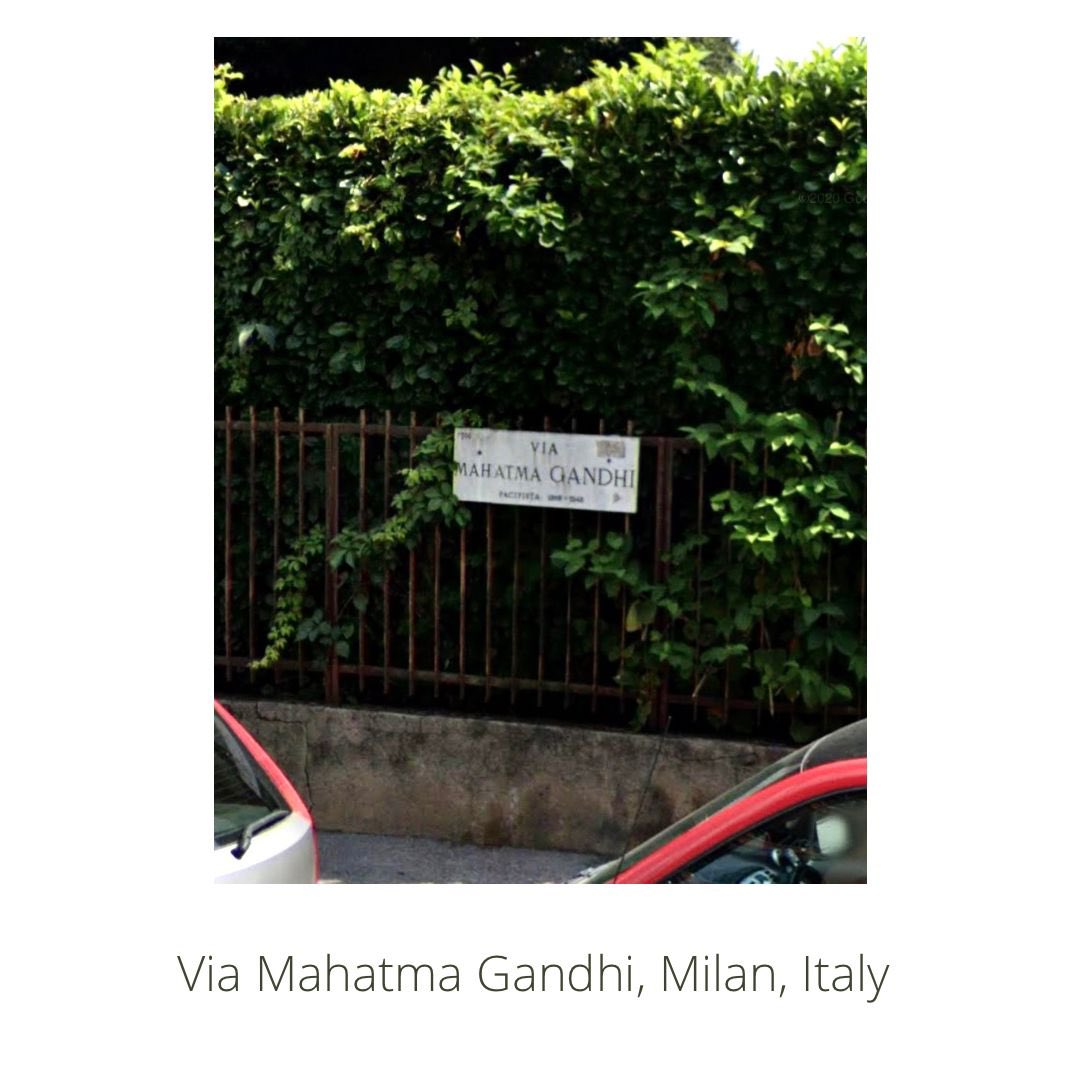
A thread on Lata Mangeshkar, the photographer.
Although it is not widely known, the Nightingale of India was also an avid photographer. She had quite a collection of state-of-the-art photography equipment, including cameras and lenses. (1/11)
Although it is not widely known, the Nightingale of India was also an avid photographer. She had quite a collection of state-of-the-art photography equipment, including cameras and lenses. (1/11)

Her fascination with photography may have begun with her love for painting during her childhood days. She once drew a wound on her face, and pretended to be hurt. She bought a Rolleiflex camera in 1946 for Rs 2000, which became her inseparable companion. (2/11)
Lataji had a fascination for people and their faces. Most of her photos demonstrate her keen understanding of how to use natural light and shadow. This photograph of her nephew Adinath, taken by her, is a prime example of her brilliant expertise in portraiture. (3/11) 

She had an astounding knowledge of cameras, lenses, films and lighting conditions. While on tours, she would often take her camera out and capture the everyday life around her. She would frequently go for a photoshoot with coworkers anywhere, anytime. (4/11)
When Lataji travelled to West Indies, she used to critique photographs with Harish Bhimani and discuss delicate details of photography. Bhimani was awestruck by her expertise in composition, techniques, films, and exposure. (5/11)
She wasn't a fan of automatic cameras, where one could not control aperture and shutter speed under different lighting conditions. This photograph of Big Ben was shot by Lataji in wide-aperture and high shutter speed using a fast film, from a running car in London. (6/11) 

While going to Australia for her concert at the Sydney Opera House in 1983, the flight made a stopover at Changi International Airport, Singapore - a shoppers' paradise. The story goes like as follows. (7/11)
When Lataji returned to the aircraft after shopping, she had a large bag with her - a bag full of gifts for every member of her troupe. When someone asked her, “Didi, didn’t you pick up any perfume for yourself?” Lataji slowly brought out a new kind of camera film. (8/11)
The film was made of the latest technology that can shoot pictures in bright daylight yet can adjust the colour balance to match a candlelight shot using techniques of Chromatic adaptation. She was just not an amateur photographer! (9/11)
In her own words -
“I learnt it here and there, I like photography, so I took it a bit seriously...
I don’t believe in just clicking at random, what the eyes see must be reproduced faithfully.” (10/11)
“I learnt it here and there, I like photography, so I took it a bit seriously...
I don’t believe in just clicking at random, what the eyes see must be reproduced faithfully.” (10/11)

Paperclip pays utmost tribute to the versatile Bharat Ratna Lata Mangeshkar.
Source: In search of Lata Mangeshkar by Bhimani, Harish, Lata Mangeshkar…in her own voice : Conversations with Nasreen Munni Kabir and National Herald India. (11/11)
Source: In search of Lata Mangeshkar by Bhimani, Harish, Lata Mangeshkar…in her own voice : Conversations with Nasreen Munni Kabir and National Herald India. (11/11)
• • •
Missing some Tweet in this thread? You can try to
force a refresh













